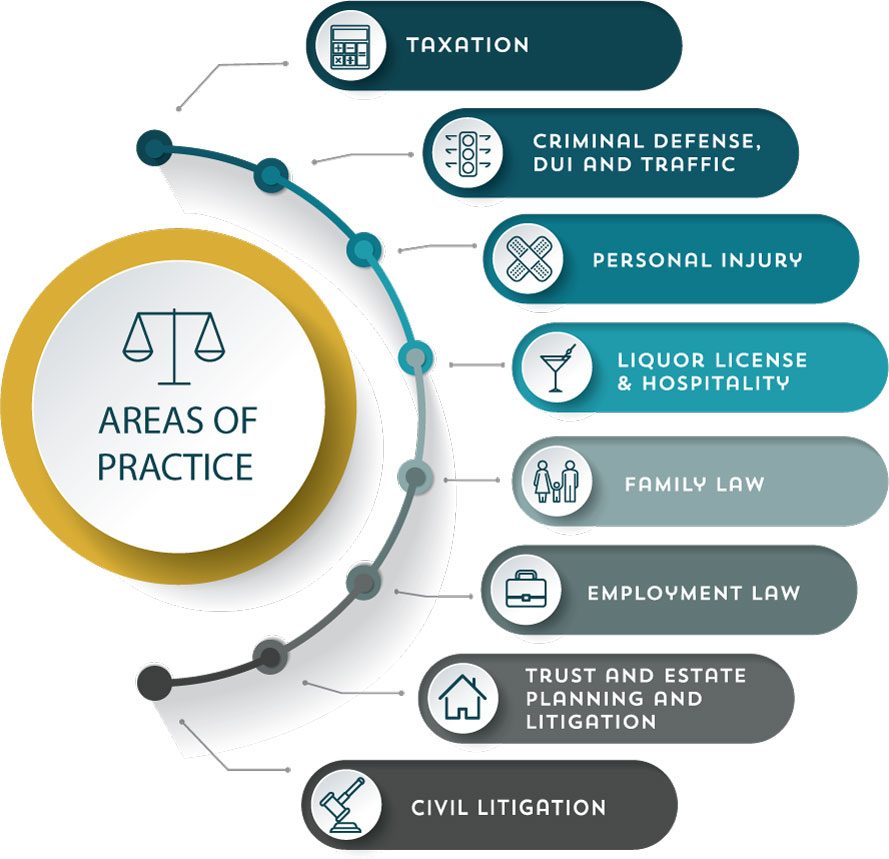The Criminal Trial Refine Explained: A Sequential Overview Of Each Action
The Criminal Trial Refine Explained: A Sequential Overview Of Each Action
Blog Article
Authored By-Bigum Clements
When you step into a criminal test, you may be amazed by the organized process that unfolds. Everything starts with jury option, where prospective jurors are inspected for prejudices through a method called "voir dire." Afterwards, both sides provide their opening statements, setting the stage for the proof and testimonies to follow. You'll see just how the prosecution and defense build their situations, however what occurs next can considerably affect the result. Understanding these phases can reveal the intricacies of justice, however there's even more to uncover concerning the critical moments that follow.
Court Option Refine
When it involves the jury option process, you're diving right into a crucial phase of a criminal trial. This process, commonly called "voir dire," involves doubting prospective jurors to ensure they're impartial and capable of delivering a fair judgment.
You'll see both the prosecution and defense attorneys participating actively, each intending to pick jurors who align with their case's story.
Throughout voir dire, you'll see that attorneys ask questions concerning jurors' histories, beliefs, and experiences. Their objective is to identify any kind of pre-existing prejudices that could affect a juror's decision. As a juror, you could feel a mix of anxiousness and curiosity, yet your sincerity is crucial.
After questioning, attorneys can test certain jurors for reason if they think a juror can't remain objective. They can also use a limited variety of peremptory difficulties to reject jurors without stating a factor.
Trial Phases Explained
The stages of a criminal trial play a crucial role in making sure a reasonable and structured procedure.
You'll first run into the opening statements, where both the prosecution and protection describe their cases. This sets the stage of what's to come.
Next, the prosecution provides its proof and witnesses, intending to verify the accused's sense of guilt beyond an affordable question. You'll see direct examination adhered to by interrogation, allowing both sides to challenge the here and now details.
After the prosecution relaxes its situation, it's the defense's turn. They'll present their evidence and witnesses, commonly focusing on developing sensible question. You'll notice that the protection doesn't need to show virtue; they just require to test the prosecution's situation.
Once both sides have actually provided their debates, you'll listen to shutting declarations, where each party summarizes their instance. This is important as it reinforces their placements prior to the jury deliberates.
Throughout these phases, the court ensures that the test adheres to legal criteria and that the legal rights of both parties are protected.
Recognizing these phases will certainly aid you value the intricacies involved in a criminal trial and the relevance of each action in the search of justice.
Decision and Punishing
After all proof has been presented and arguments made, the court or court delivers a decision, determining the defendant's guilt or innocence. If you're part of the jury, you'll ponder with your other jurors, going over the proof and your perceptions. This procedure can take time, as you'll intend to make certain everybody agrees on the decision based on the facts.
Once a decision is gotten to, it's announced in court. If the accused is condemned, the next stage is sentencing. This is when the judge chooses the suitable punishment. You may notice that various factors affect the sentence, such as the extent of the criminal activity, the defendant's previous record, and any kind of mitigating conditions.
The judge may impose a variety of sentences, from penalties and community service to imprisonment. In some cases, the protection or prosecution can provide arguments concerning sentencing, attempting to persuade the judge's decision.
If the defendant is found not guilty, they're acquitted, and no punishment adheres to. Keep in mind that a guilty verdict can typically cause charms, where the accused might challenge the decision or the sentence enforced.
Verdict
In a criminal test, you have actually seen just how critical each action is, from court choice to the last decision. You have actually adhered to the prosecution and protection as they develop their cases, aiming to encourage the jury. Once deliberation concludes, the verdict figures out the result, and if the defendant is found guilty, the sentencing stage begins. Comprehending simply click the following webpage assists you value the complexities of the justice system and the relevance of each duty in ensuring a reasonable trial.
